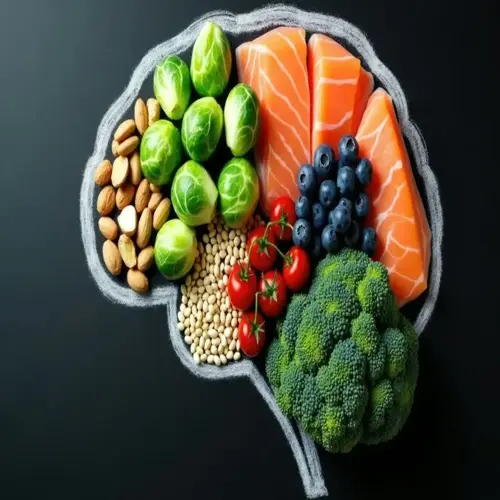Why has gluten-free eating become more popular?

Written by
Chen Jialiang
Reviewed by
Prof. Graham Pierce, Ph.D.Gluten-free diets are gaining greater popularity far beyond their narrow medical applications for gluten sensitivity. This arises from a greater awareness of the deleterious effects of gluten on those who are sensitive to gluten. Increased availability of gluten-free products encourages this lifestyle. People also look for the other benefits of decreased inflammation and comfort regarding digestion.
Health Awareness Expansion
- Improved diagnostic tools identify non-celiac sensitivity
- Public education about gut-brain-skin connections
- Documentaries highlight dietary impact on inflammation
- Social media shares personal success stories widely
Market Accessibility
- Mainstream supermarkets dedicate gluten-free aisles
- Restaurants develop dedicated menus and protocols
- Affordable options replace specialty boutique pricing
- Certification programs standardize safe products
Wellness Movement Influence
- Focus shifts from restriction to proactive health choice
- Athletes report performance benefits publicly
- Clean eating trends prioritize whole food nutrition
- Mental wellness connections gain recognition
The wellness revolution turns gluten-free from a medical treatment into a lifestyle choice. Individuals without diagnosed conditions pursue it as a potential source of energy and clarity. This is only a part of larger trends in nutrition based on the notion of food as preventive health care.
Cultural aspects advance adoption through visibility and normalization. Celebrity endorsements alleviate stigma, while influencers share recipes. Workplace accommodations and travel options make it more feasible. The combination enables self-reinforcing growth that extends beyond clinical needs.
Read the full article: 10 Gluten Free Benefits You Should Know

